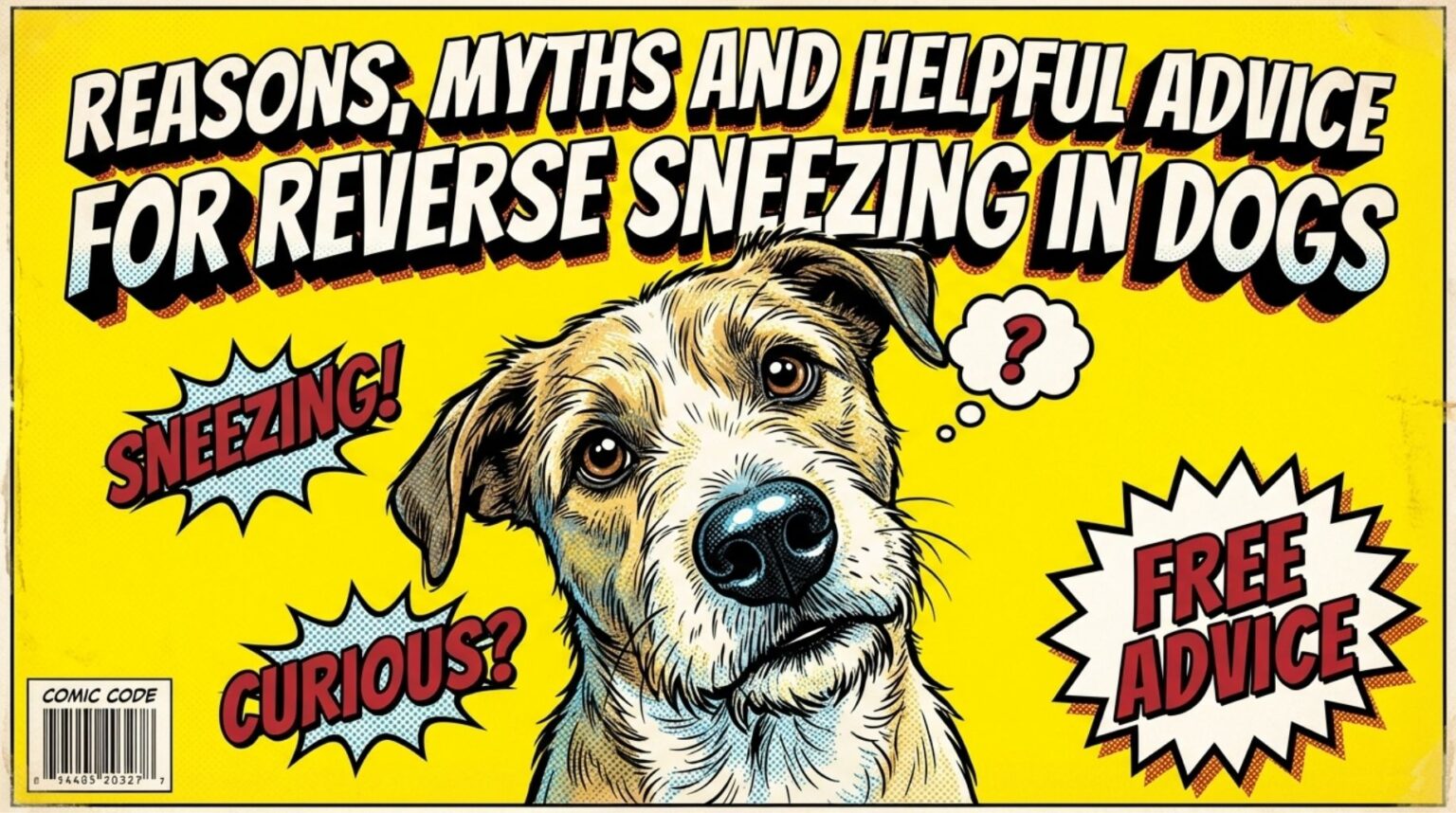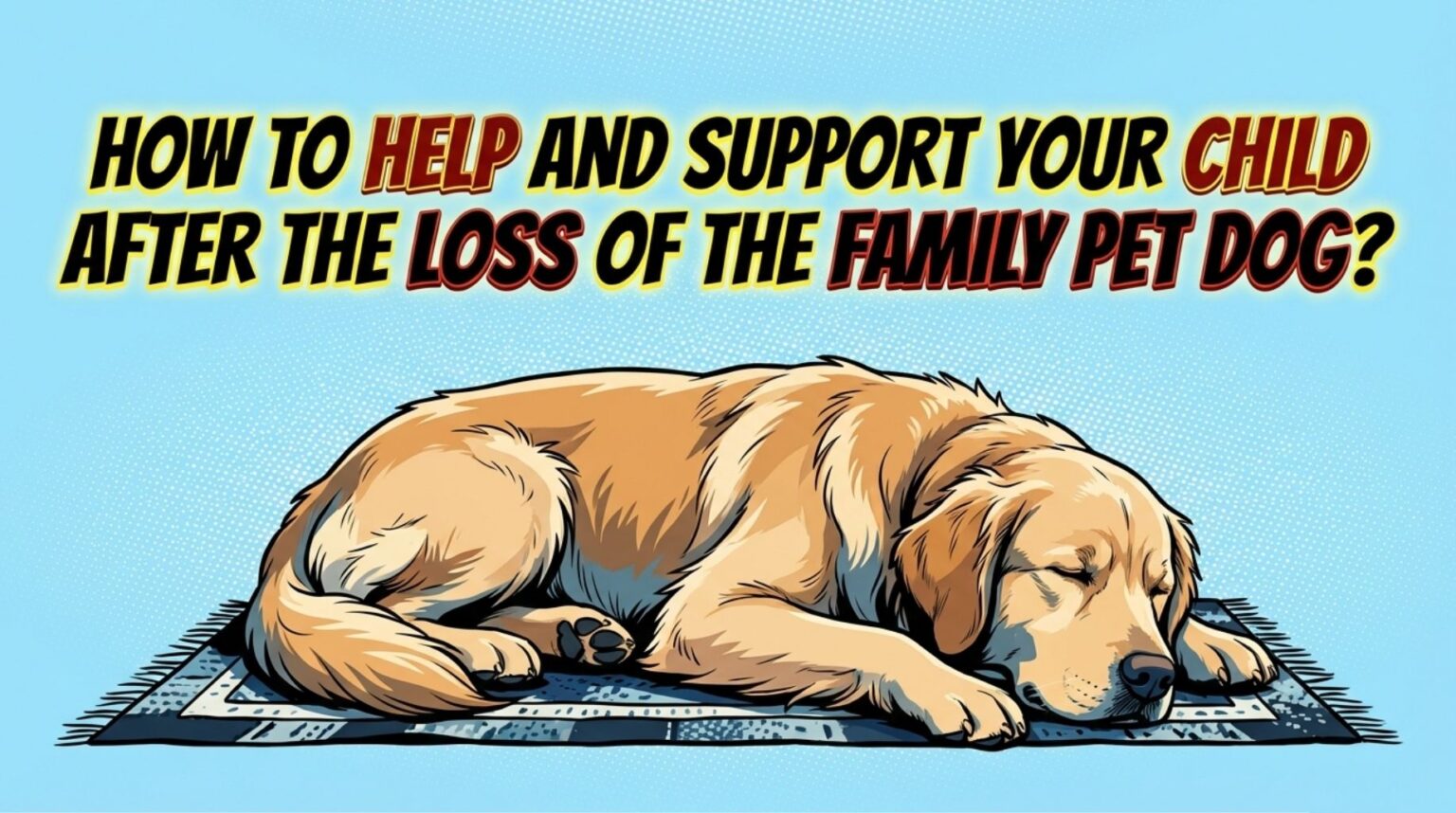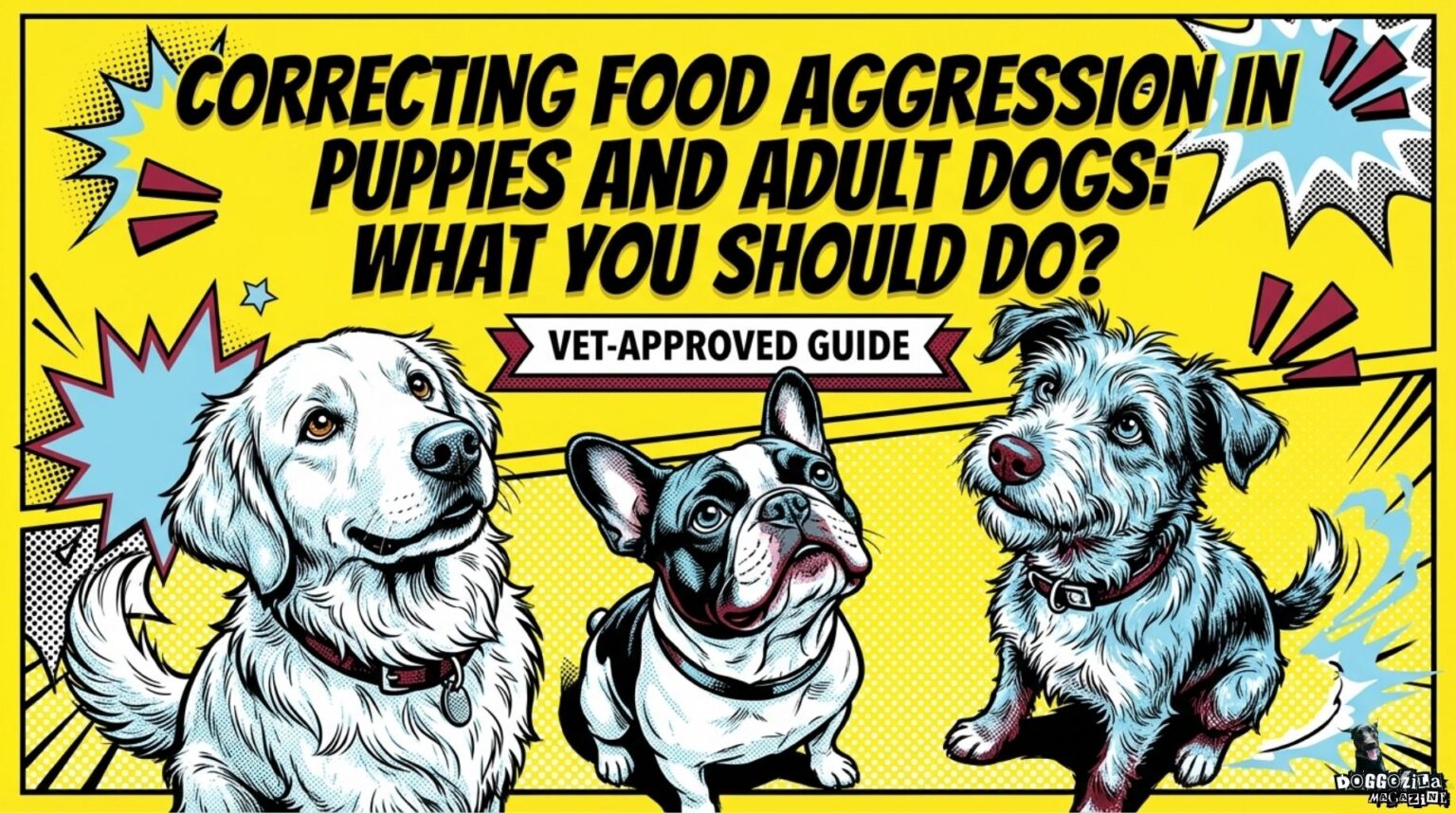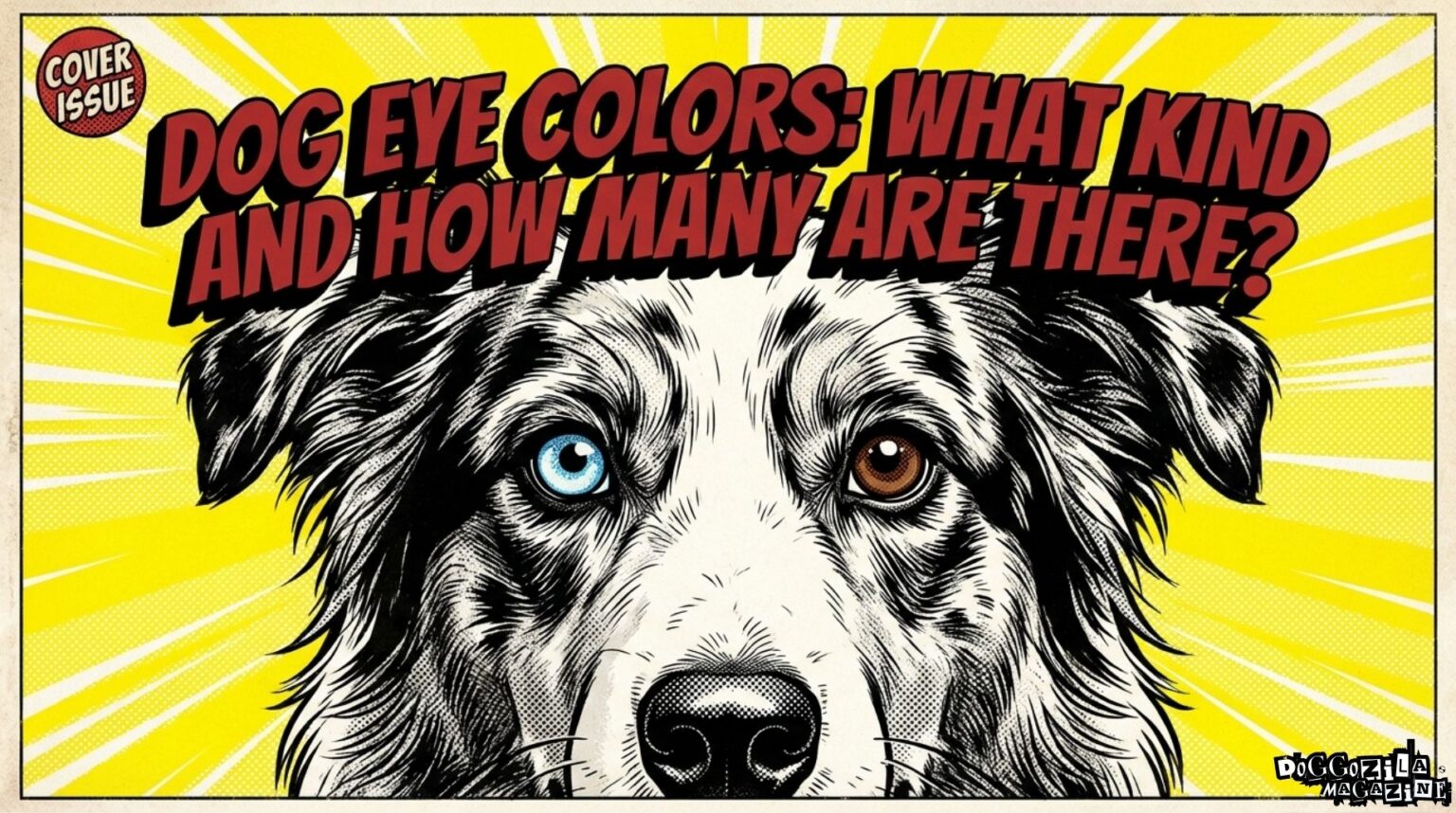Dog Health
Explore the Top Dog Health Topics

It’s crucial to be aware of these potential problems and take proactive measures to improve and maintain your dog’s overall health. In this introduction, we’ll point to you the top valuable tips and information on how to address and prevent common dog health problems.

Nutrition, Diet and Dental Care
Consult with your veterinarian to determine the best diet plan for your dog’s specific breed, age, and any existing health conditions.
Ensure that their diet includes high-quality protein, healthy fats, vitamins, and minerals. Oral health is often overlooked but plays a crucial role in your dog’s overall well-being.
Poor dental hygiene can lead to various health issues, including gum disease and tooth decay. Establish a regular dental care routine that includes brushing your dog’s teeth, providing dental treats, and scheduling professional cleanings when necessary.

Exercise, Physical Activity and Mental Stimulation
Engage your dog in daily activities such as walks, playtime, and interactive games. Exercise not only helps them maintain a healthy weight but also prevents behavioral issues and promotes cardiovascular health. Engage them in activities that challenge their minds, such as puzzle toys, obedience training, and interactive play. Mental stimulation stop your dog to be bored, prevent anxiety, and destructive behaviors.

Grooming, Hygiene and Parasite Prevention
Maintaining proper grooming and hygiene practices is essential for your dog’s health and comfort. Regularly brush their coat, trim their nails, clean their ears, and bathe them as needed. Regular grooming not only keeps them looking their best but also helps prevent skin infections and other related health issues.
Parasites such as fleas, ticks, and worms can cause significant health problems for your dog. Use preventive measures such as regular flea and tick treatments, heartworm prevention, and deworming medications as recommended by your veterinarian. Regularly check your dog for any signs of infestation and take immediate action if needed.
Regular Veterinary Check-ups
Just like humans, dogs require regular check-ups to detect and prevent potential health problems. Early detection of any underlying issues can significantly improve the chances of successful treatment.
A healthy dog is a happy dog, and as responsible pet owners, it’s our duty to prioritize their well-being. By following the tips mentioned above and providing proper care, nutrition, and regular veterinary check-ups, you can enhance your dog’s overall health and ensure they live a long and fulfilling life by your side.














